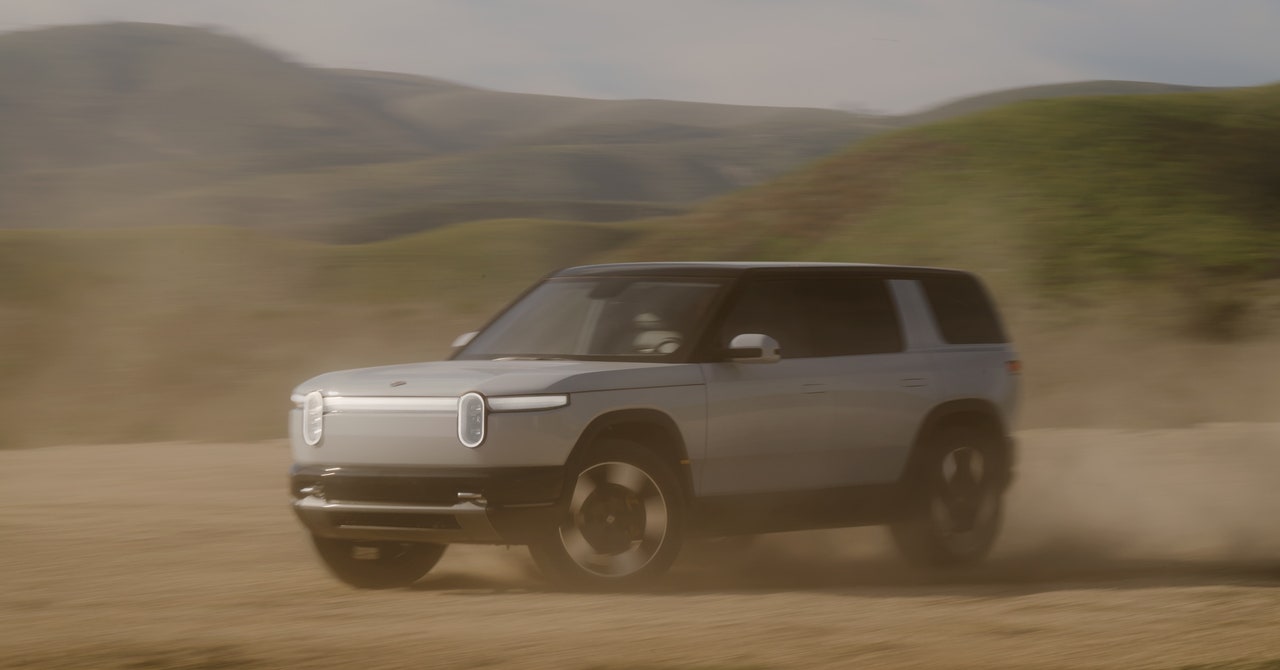Last week, the electric automaker Rivian unveiled the R2, its latest electric SUV. When the vehicle starts rolling off production lines—in the first half of 2026, Rivian says—the R2 will join the R1S SUV and the R1T pickup truck in the automaker’s lineup.
Critically, Rivian pledges its newest entry will be cheaper: At “around” $45,000, according Rivian’s press materials, the SUV will cost some $30,000 less than its bigger SUV cousin, and will still come with about 300 miles of range.
Pulling off the feat of making its new SUV more affordable without sacrificing range or style should not only prove critical in making Rivian’s latest ride stand out in an increasingly crowded field of electric vehicles—it also might save the company. How did Rivian make it work? “R1 was designed through addition. It’s our premium flagship. We got to say yes to a lot of things,” Jeff Hammoud, the automaker’s chief design officer, said at an R2 unveiling event in Laguna Beach, California, last week. “With R2, we’re really thinking about, to get the price point down, what do we need to say no to?”



OK, so talking new, I can go buy a brand new 2024 Nissan Versa for $16400. It’s estimated at 30mpg mixed driving. That’s still only $1530 in fuel cost a year. Including the cost of the car, it’ll take me 9 years to spend $14000 in fuel. My point is that Ev’s are still not cost efficient, regardless if you buy a new or used vehicle.